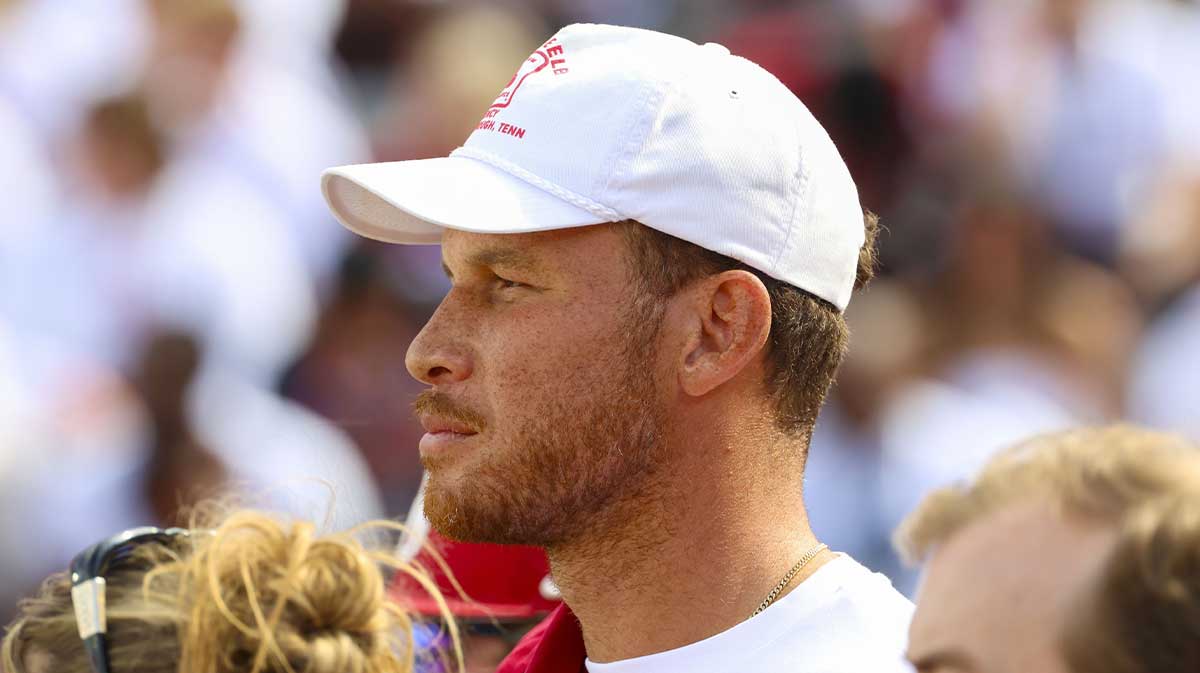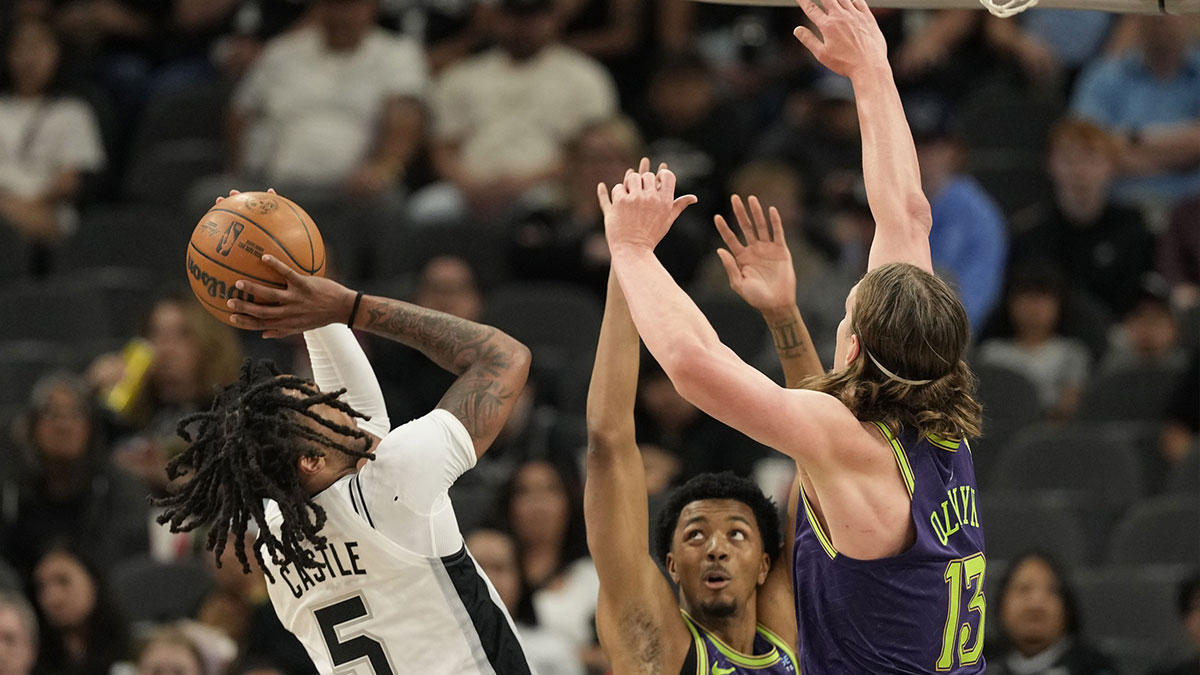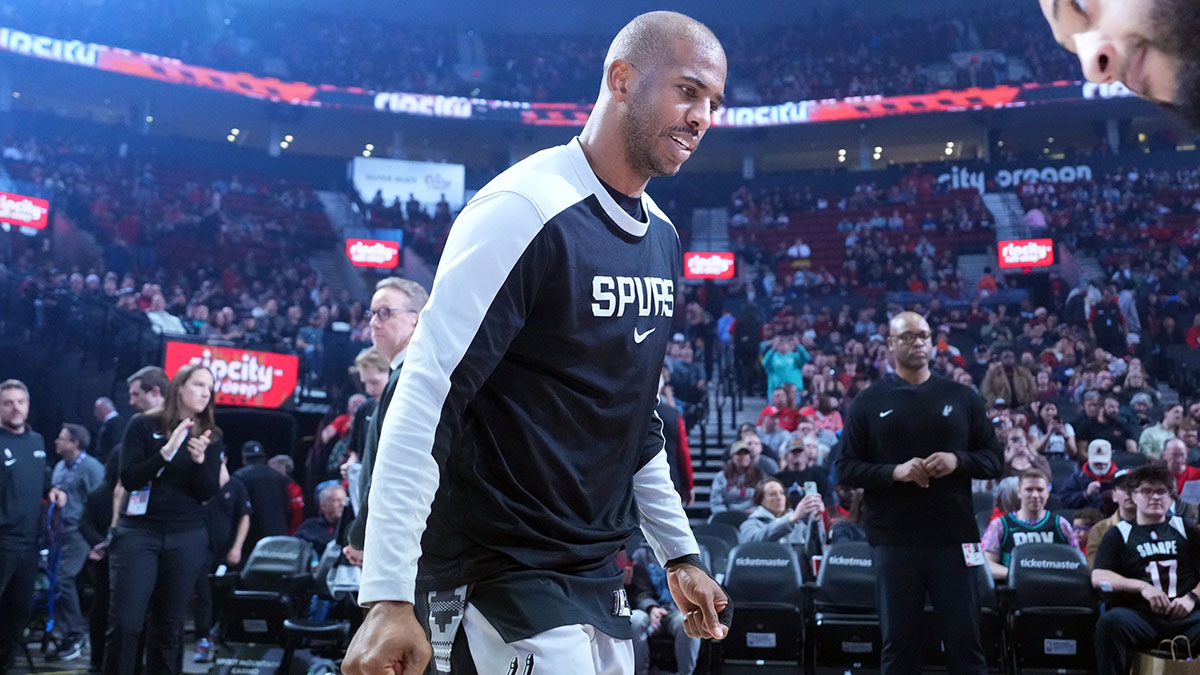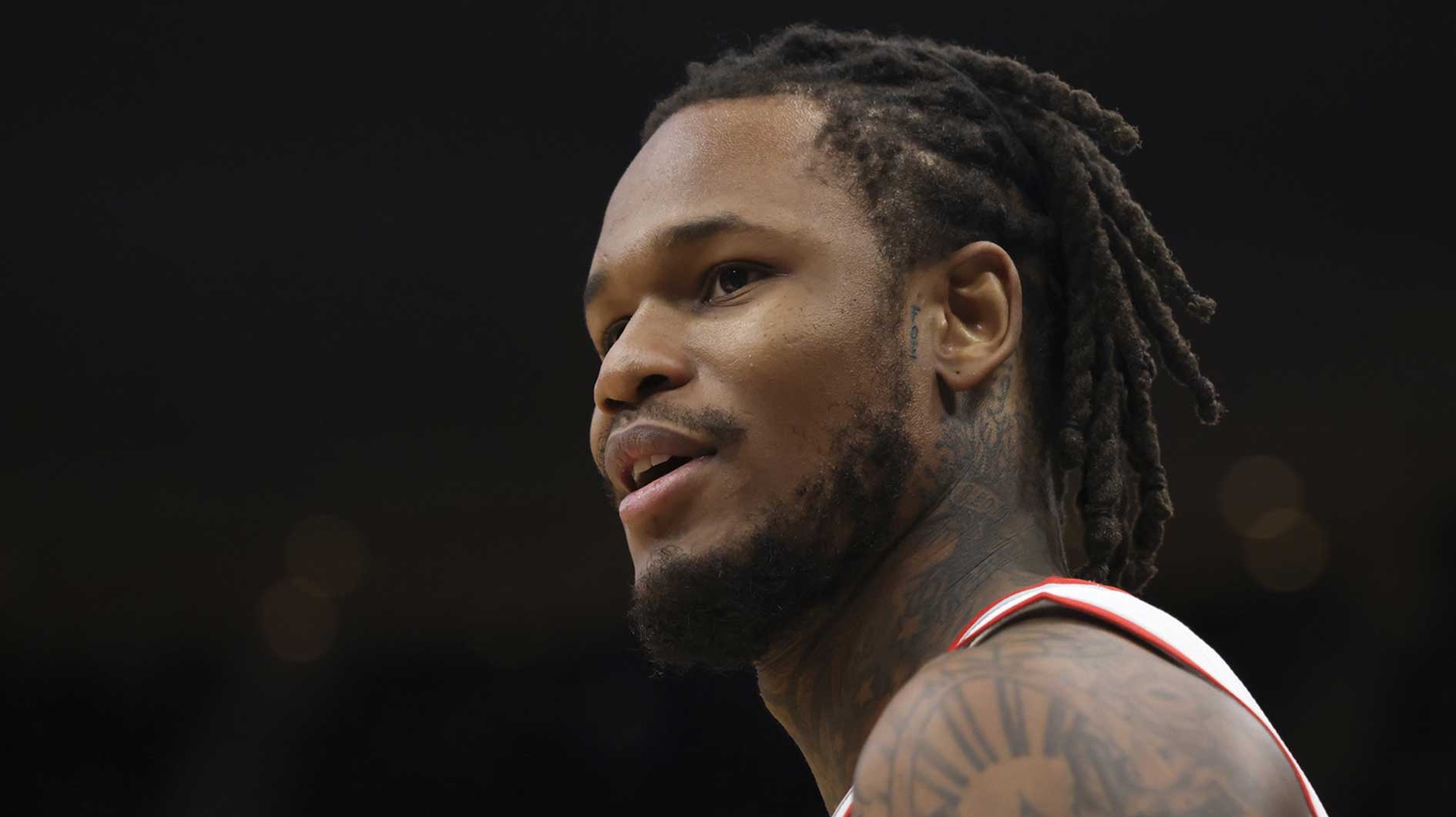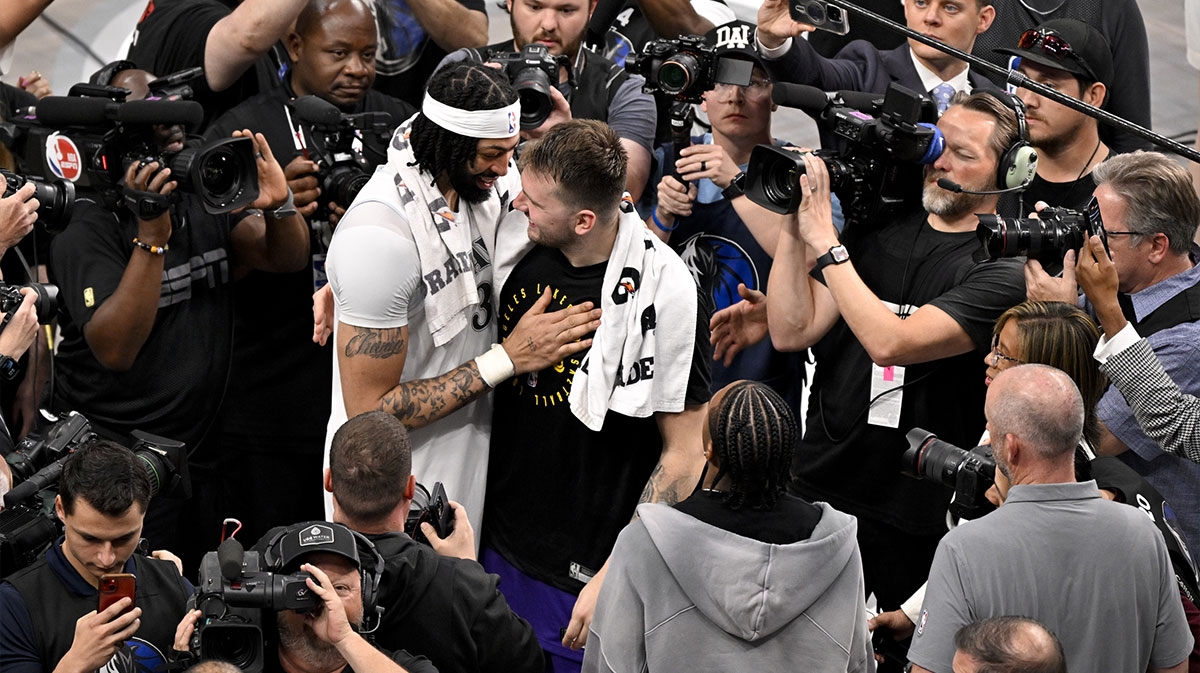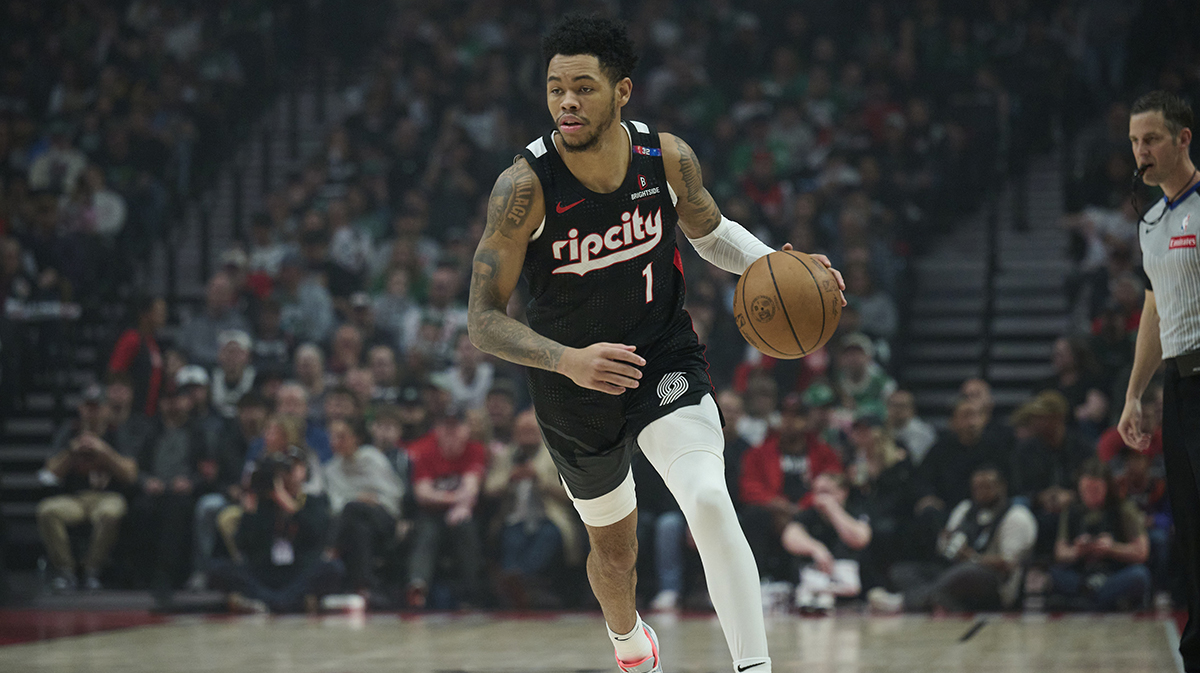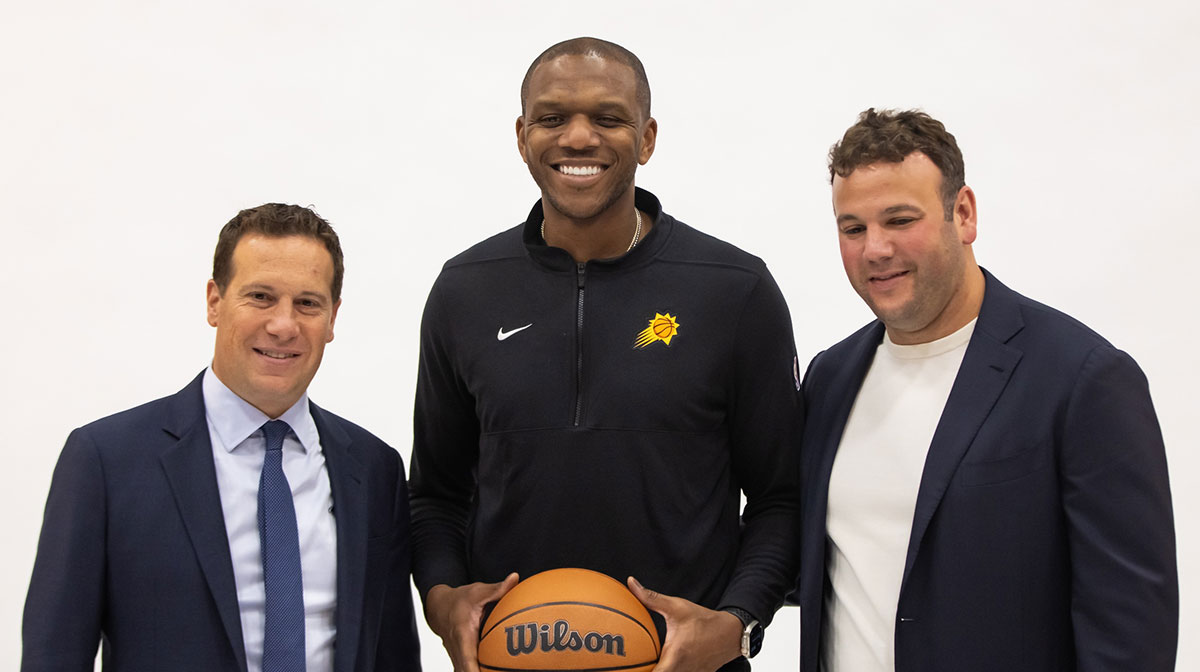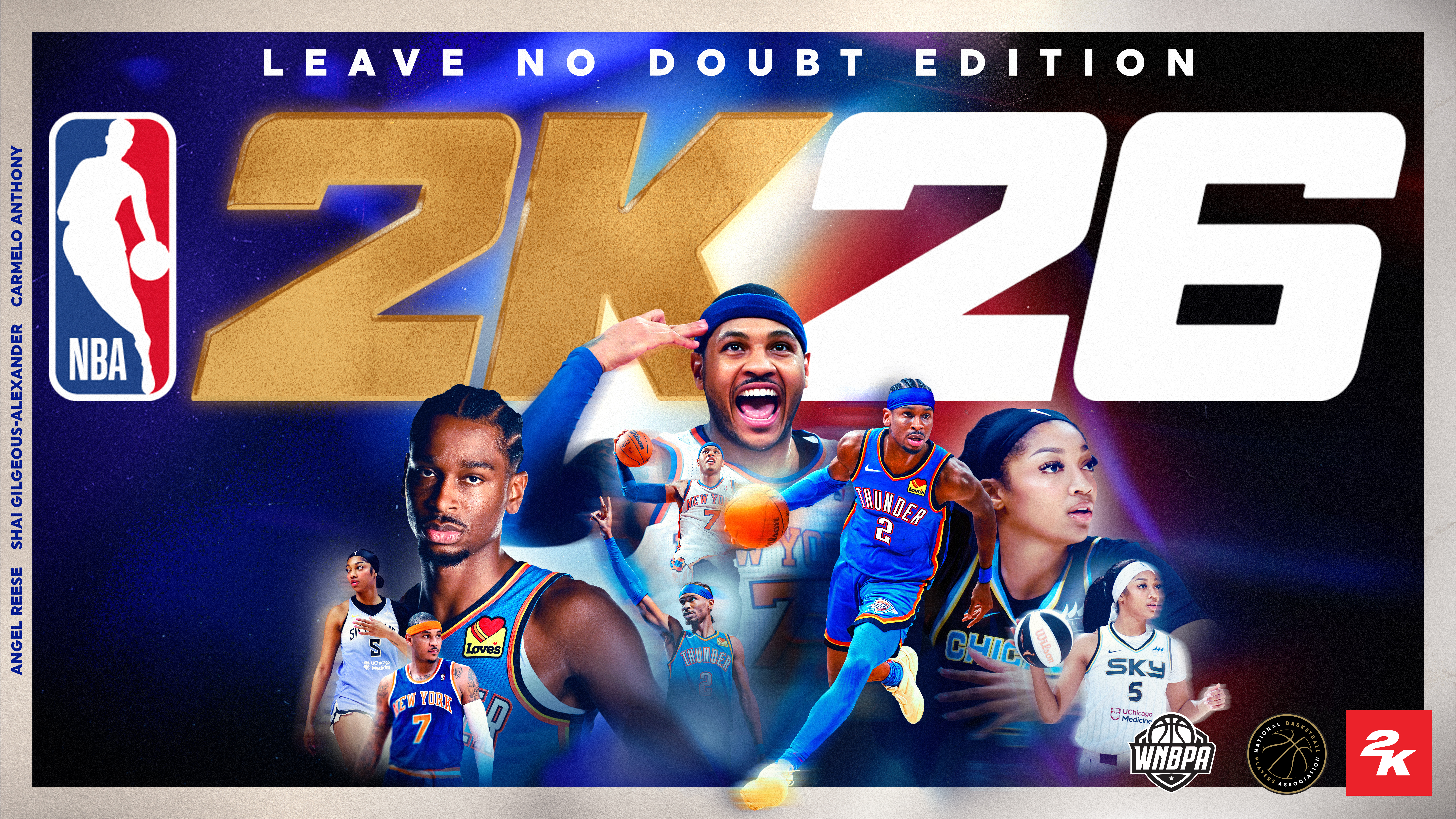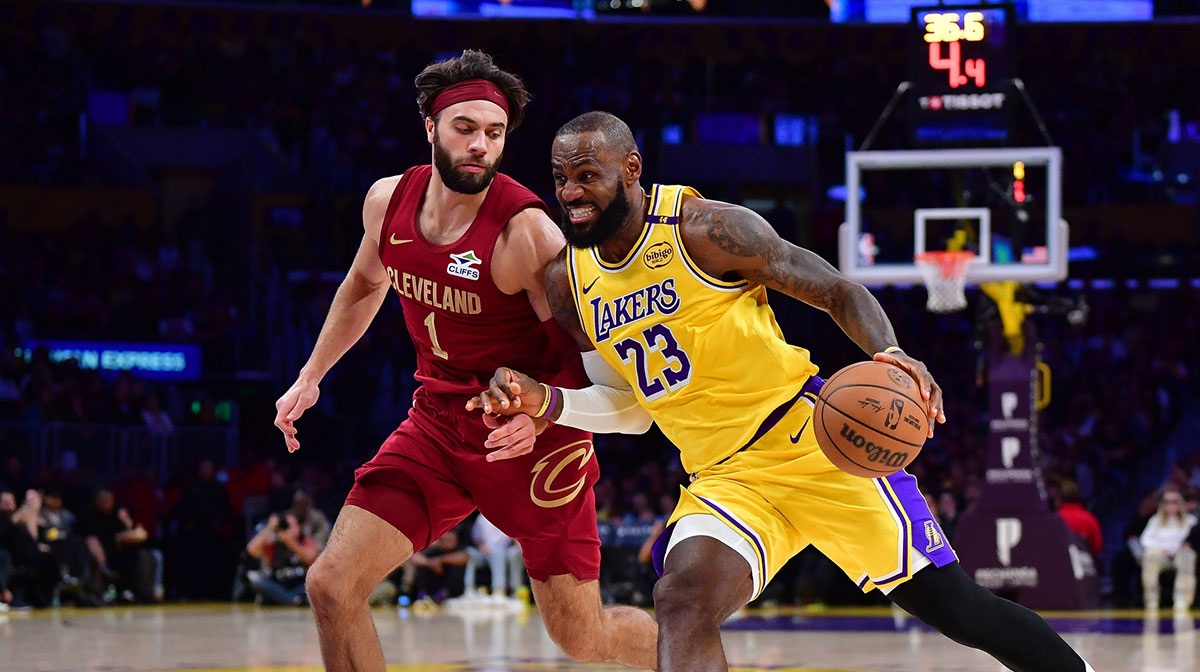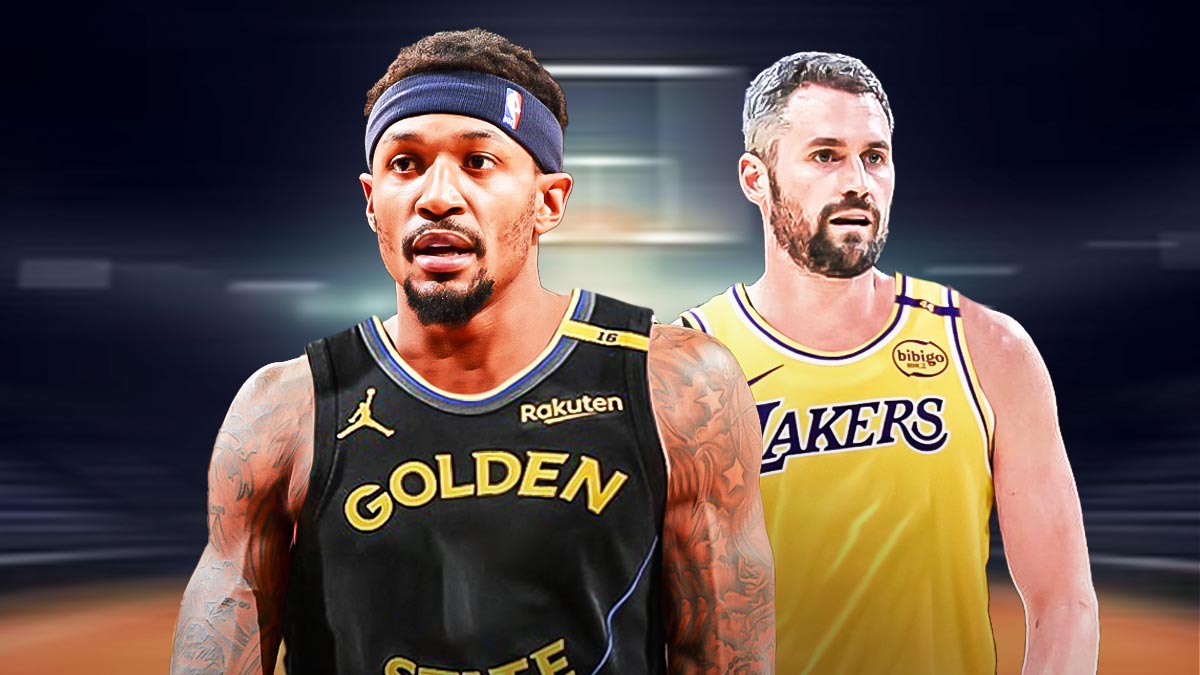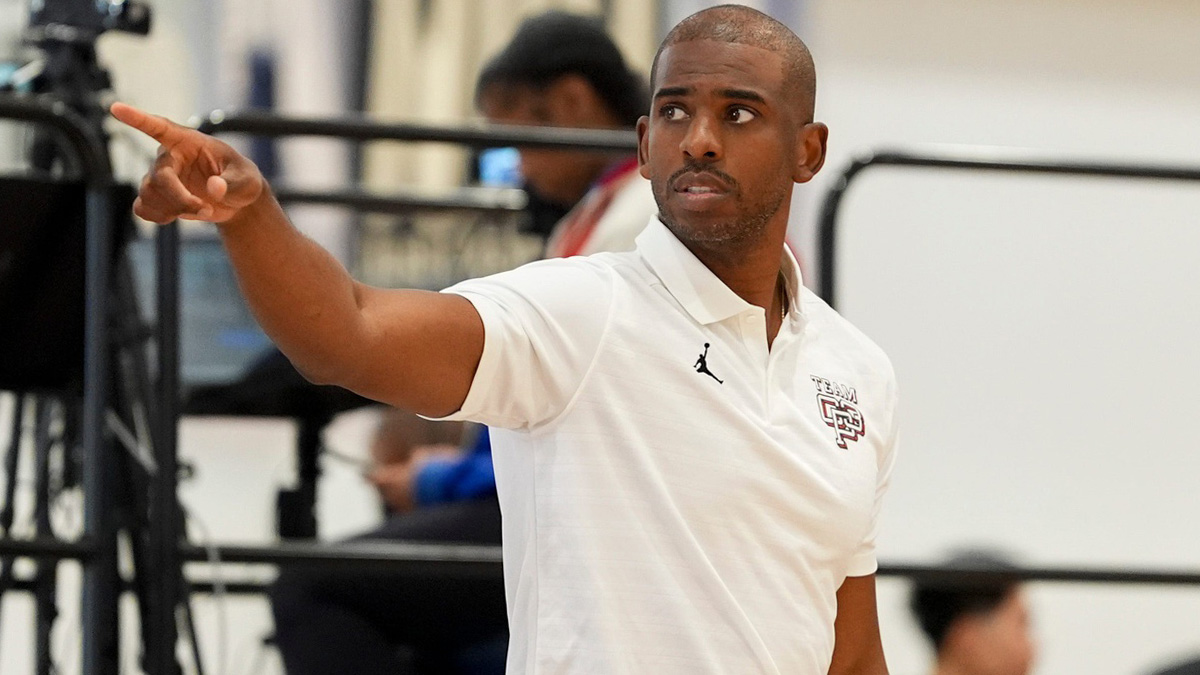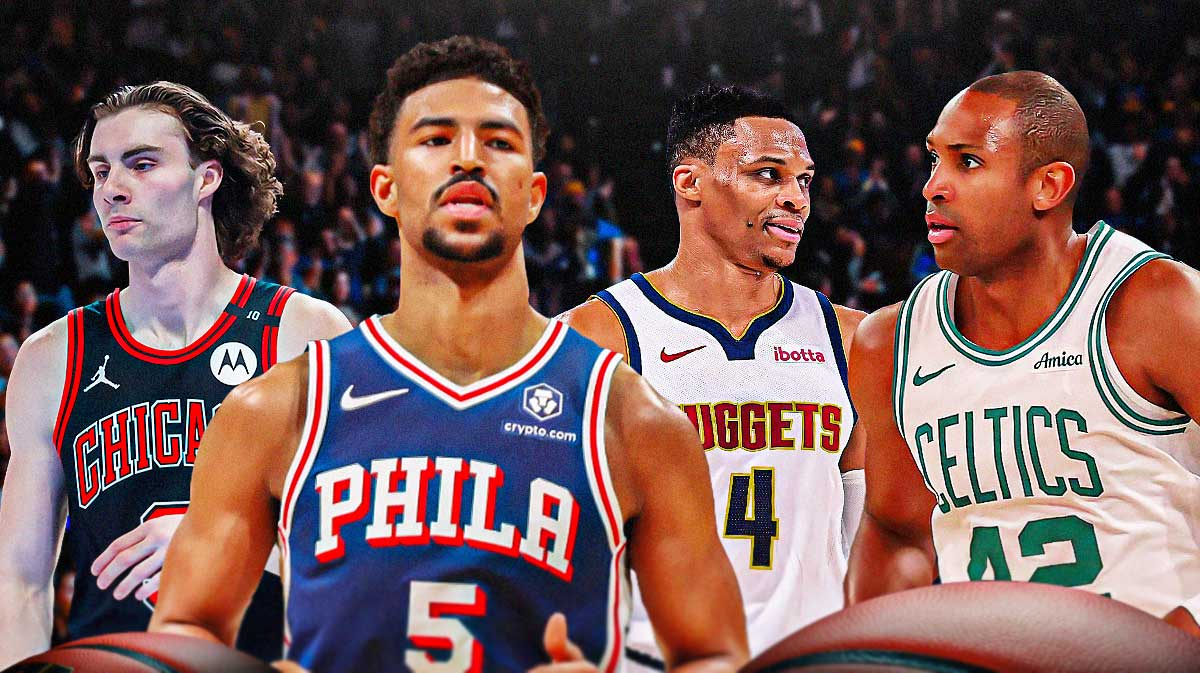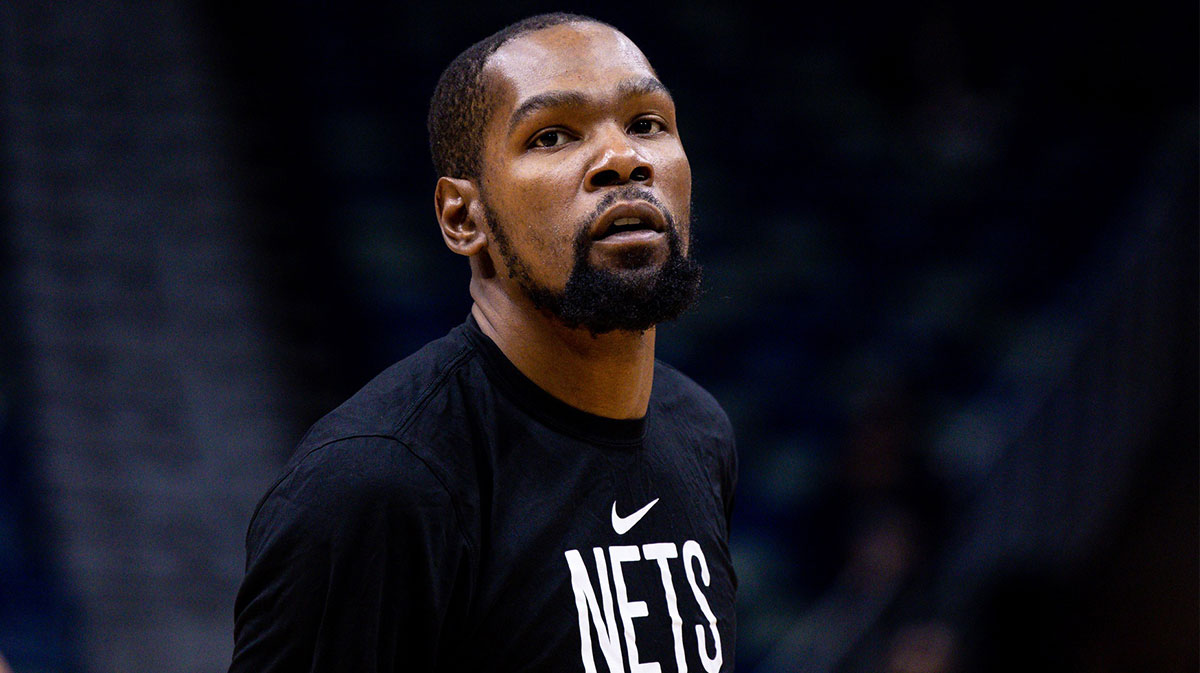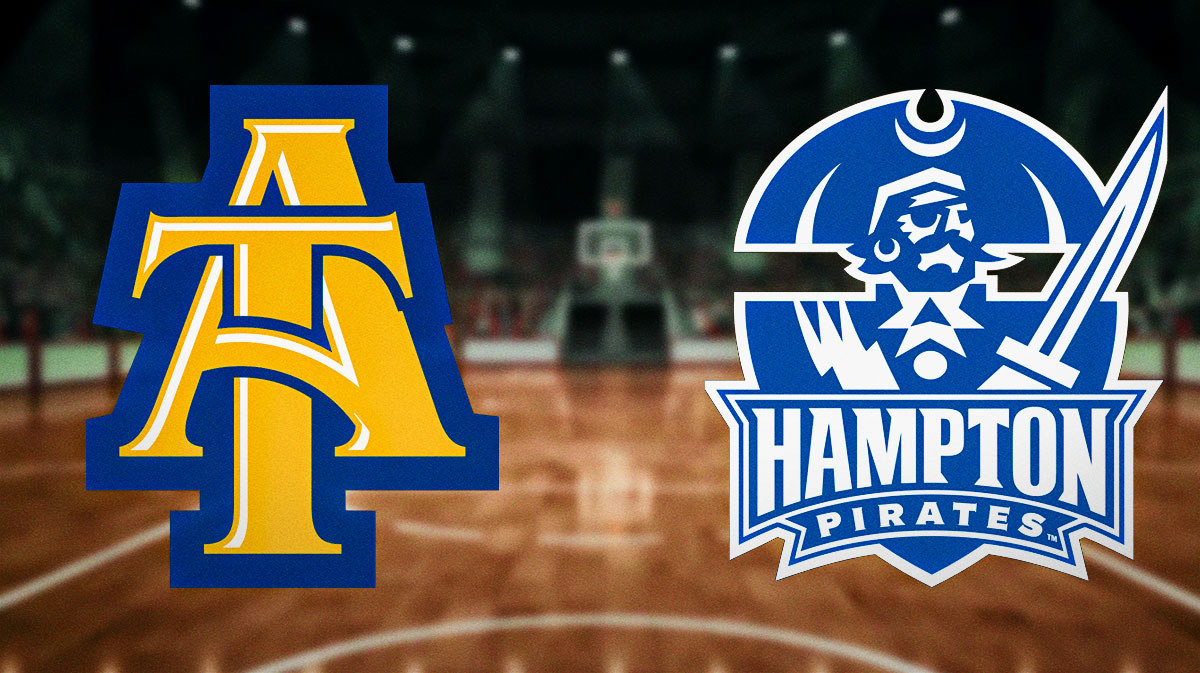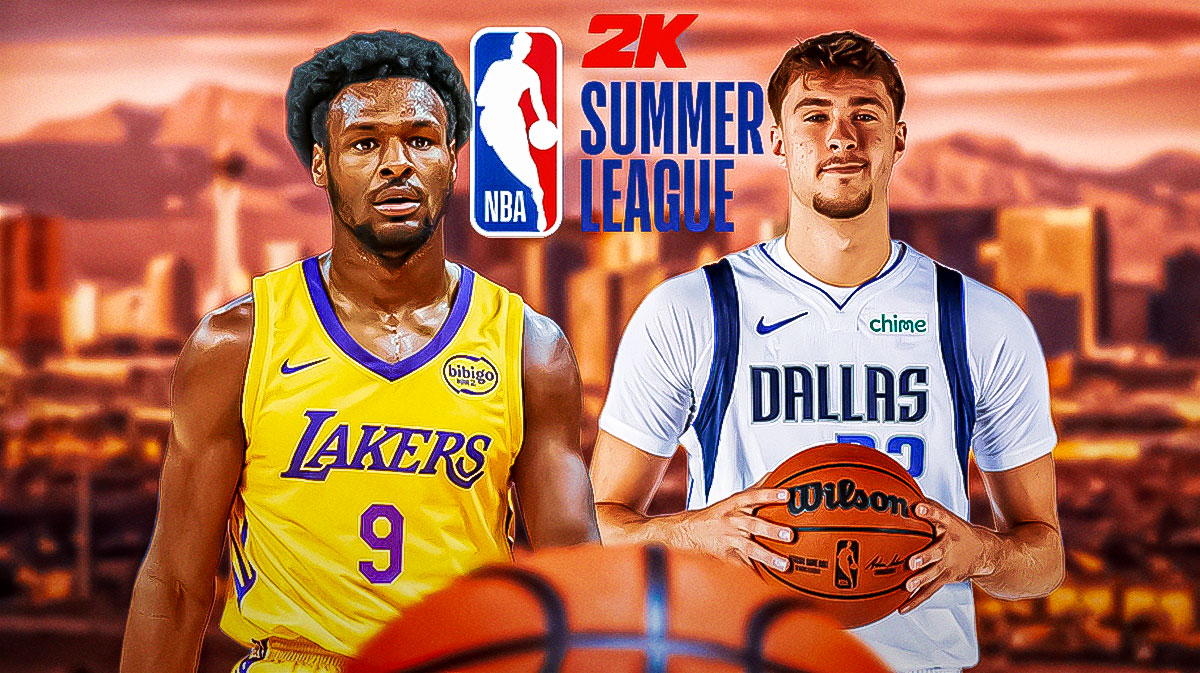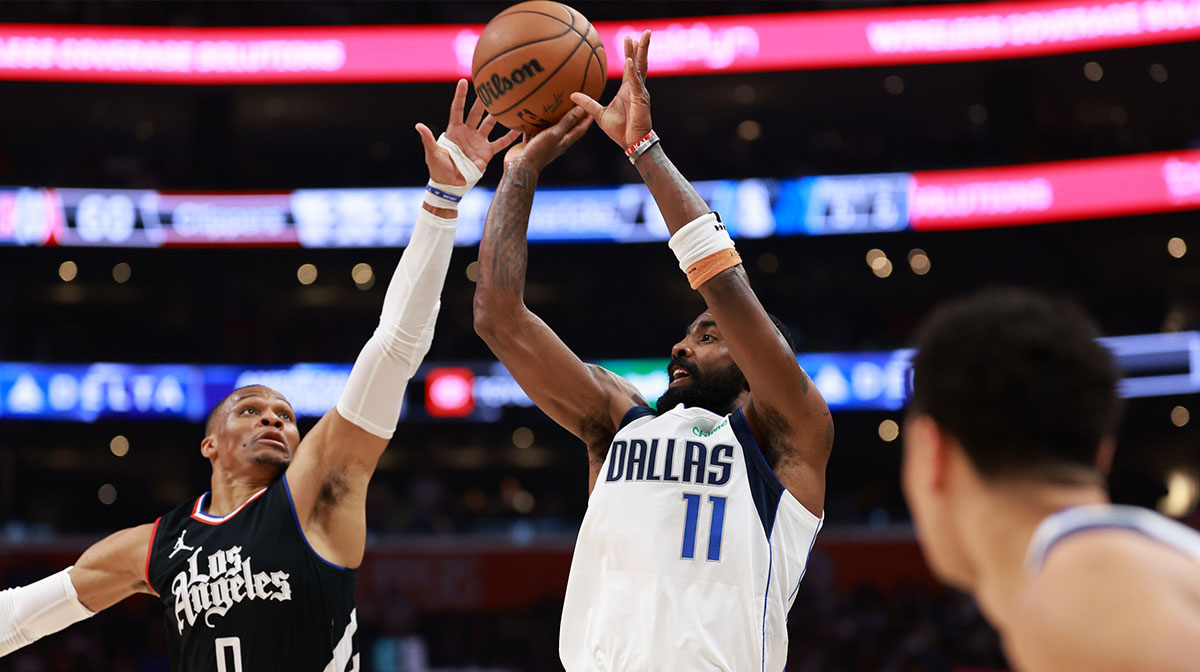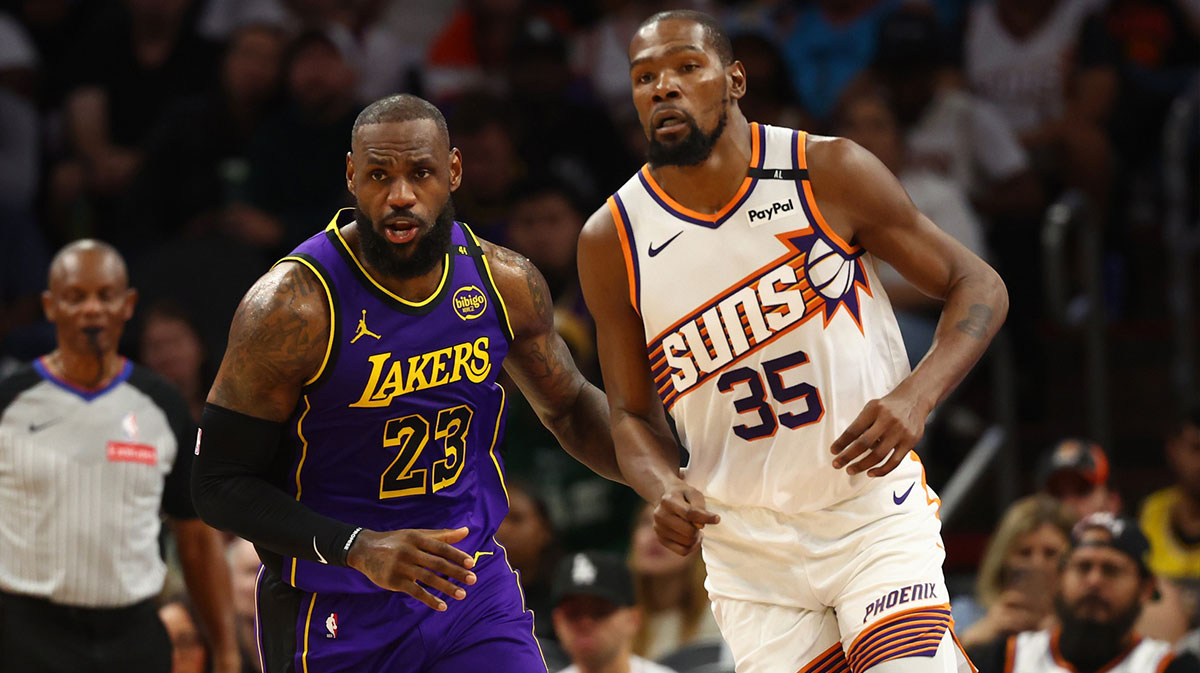It's about time that the NBA decided to offer would be one-and-done prospects the chance to bypass the single season they planned to play in college with an alternative option. According to ESPN‘s Jonathan Givorny, starting in the summer of 2019, “the G League will offer “Select Contracts” worth $125,000 to elite prospects who are at least 18 years old but not yet eligible for the NBA draft.”
Givorny continues:
It will target recent or would-be high school graduates who otherwise would have likely spent just one season playing college basketball, enticing them not only with a six-figure salary but also the opportunity to benefit from NBA infrastructure, as well as a bevy of off-court development programs “geared towards facilitating and accelerating their transition to the pro game,” [NBA G-League president Malcolm Turner] said.

For those that believe that providing the most elite prospects with financial incentives to join the NBA G-League's farm system will destroy college basketball, there are quite a few reasons why the “Select Contracts” that will be offered won't effect the NCAA game too negatively at all.
The primary reason is because of the NBA G-League has only chosen to provide financial incentives to elite prospects. While they'll obviously be selecting players with the best combination of skill, athleticism and basketball IQ they can find, not every player who is elite as a high school prospect reaches their potential in college or the NBA. Further, there are a number of players who have been ranked outside of the top-30 or top-50 in their high school class and turned out to be great college players or solid pros, like Khris Middleton and Zach Lavine.
However, at times it's almost a crapshoot.

Darius Miles, a four-star recruit in high school who jumped straight to the league in 2000, selected with the third overall pick in the draft by the Los Angeles Clippers. Miles played seven seasons in the NBA and averaged 10.1 points and 4.9 rebounds over the course of the career. A more contemporary example is that of five-star recruit Rawle Alkins, a player who went undrafted in the 2018 NBA Draft after a solid but unspectacular two-year stint at the University of Arizona.
Just because they're trying to poach the elite prospects doesn't mean that the NCAA will be devoid of entertaining talent.
The second reason that the NCAA will still be able to thrive is that there's far more glamour in playing for legendary programs like the University of North Carolina, UCLA, Duke University and the University of Kentucky than playing for a G-League team like the Sioux Falls Skyforce or Austin Spurs. Furthermore, as ESPN's Adrian Wojnarowski points out, NCAA schools won't stop paying the elite prospects to play for their school just because the NBA G-League is offering $125,000 contracts.
I have doubts about how many top players will go this route. Some, yes. But G-League is full of early connecting flights, long bus rides, small gyms. It isn't glamorous. Big-time NCAA ball still has the trappings of exposure, packed houses, private jets. You'll get paid there too
— Adrian Wojnarowski (@wojespn) October 18, 2018
As a matter of fact, Yahoo Sports‘ Dan Wetzel recently reported that Duke University's star forward Zion Williamson asked an Adidas employee for occupational opportunities, cash and housing for his family. $125,000 may have lured Williamson away from Duke but for him and other players, the chance to star on a national stage and be provided financial incentives will be too much to pass up.
There are going to be plenty of other recruits that the NBA G-League doesn't deem as elite enough and pass over. They too will be expecting these type of incentives from NCAA programs.
The prep-to-pro era of the NBA, the days when elite prospects like LeBron James, Kobe Bryant and Dwight Howard all entered the league right after graduating from high school, was one of the most successful in the NBA. That said, this isn't a system that gets elite players to the league quicker.

Instead, it's a system that provides them with the financial stability or compensation many desire without having to be under NCAA investigation or suspended from the NCAA for accepting that same money from a third-party.
The NBA G-League didn't kill college basketball, they just provided elite players who want to get paid handsomely an alternative to the corruption of the NCAA. There will still be plenty of talented, entertaining players in the NCAA to bring the fans to their seats and incentivize boosters to provide money to their alma mater.

